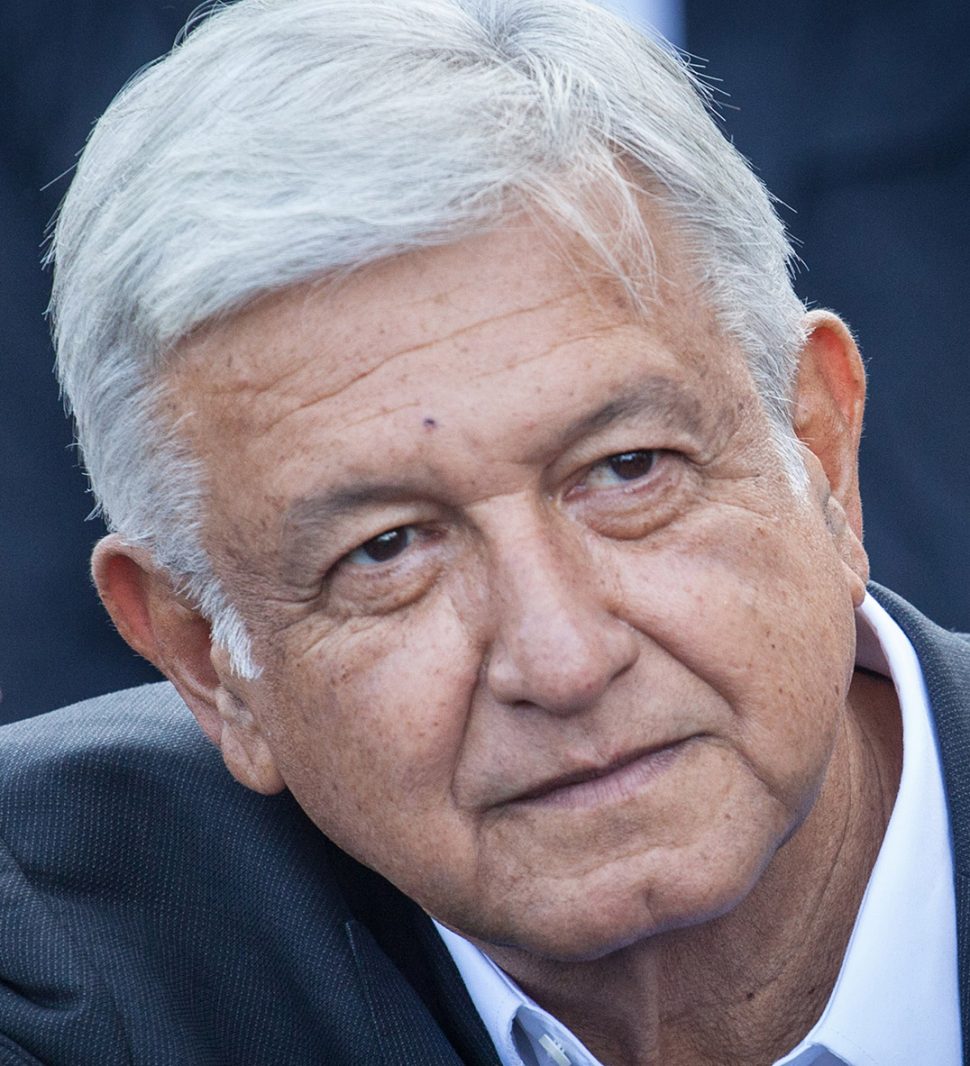MEXICO CITY, (Reuters) – Leftist outsider Andres Manuel Lopez Obrador won Mexico’s presidential election handily yesterday, exit polls showed, setting the stage for a government that will inherit tense relations with Washington and the scrutiny of nervous investors.
Jose Antonio Meade, the candidate of the ruling centrist Institutional Revolutionary Party, or PRI, conceded defeat to Lopez Obrador, a 64-year-old former Mexico City mayor, within minutes of the polls closing.
“For the good of Mexico, I wish him the very best of success,” Meade said in a speech. Lopez Obrador’s other rivals also conceded that the race was lost.
Lopez Obrador is expected to move Mexico in a more nationalist direction as he becomes the first leftist to rule the country in decades. He has pledged to reduce economic dependence on the United States.
Mexico’s current government has sparred with U.S. President Donald Trump over trade and migration for months.
One exit poll by Parametria showed Lopez Obrador with a lead of 20 percentage points, winning between 53 percent and 59 percent of the vote, far ahead of his two main rivals from Mexico’s traditional parties.
An official “quick count” of results is expected at midnight EDT (0400 GMT), with a margin of error of 0.5 percent.
Consulta Mitofsky for broadcaster Televisa showed Lopez Obrador, who had maintained a healthy lead in polls ahead of the vote, winning between 43 percent and 49 percent of the vote. Mitofsky and others also showed him winning by at least 20 percentage points.
If confirmed, the results would represent a resounding defeat for outgoing President Enrique Pena Nieto’s PRI, which has ruled Mexico for all but 12 of the last 89 years.
The runner-up in the 2006 and 2012 presidential elections, Lopez Obrador pitched himself as the only one capable of cleaning up the government after years of poor economic growth and rampant gang violence eroded faith in the political class.
Seeking support from economic nationalists, leftist liberals and social conservatives, Lopez Obrador has been vague on policy details. But he vows to reduce inequality, improve pay and welfare spending and run a tight budget.

